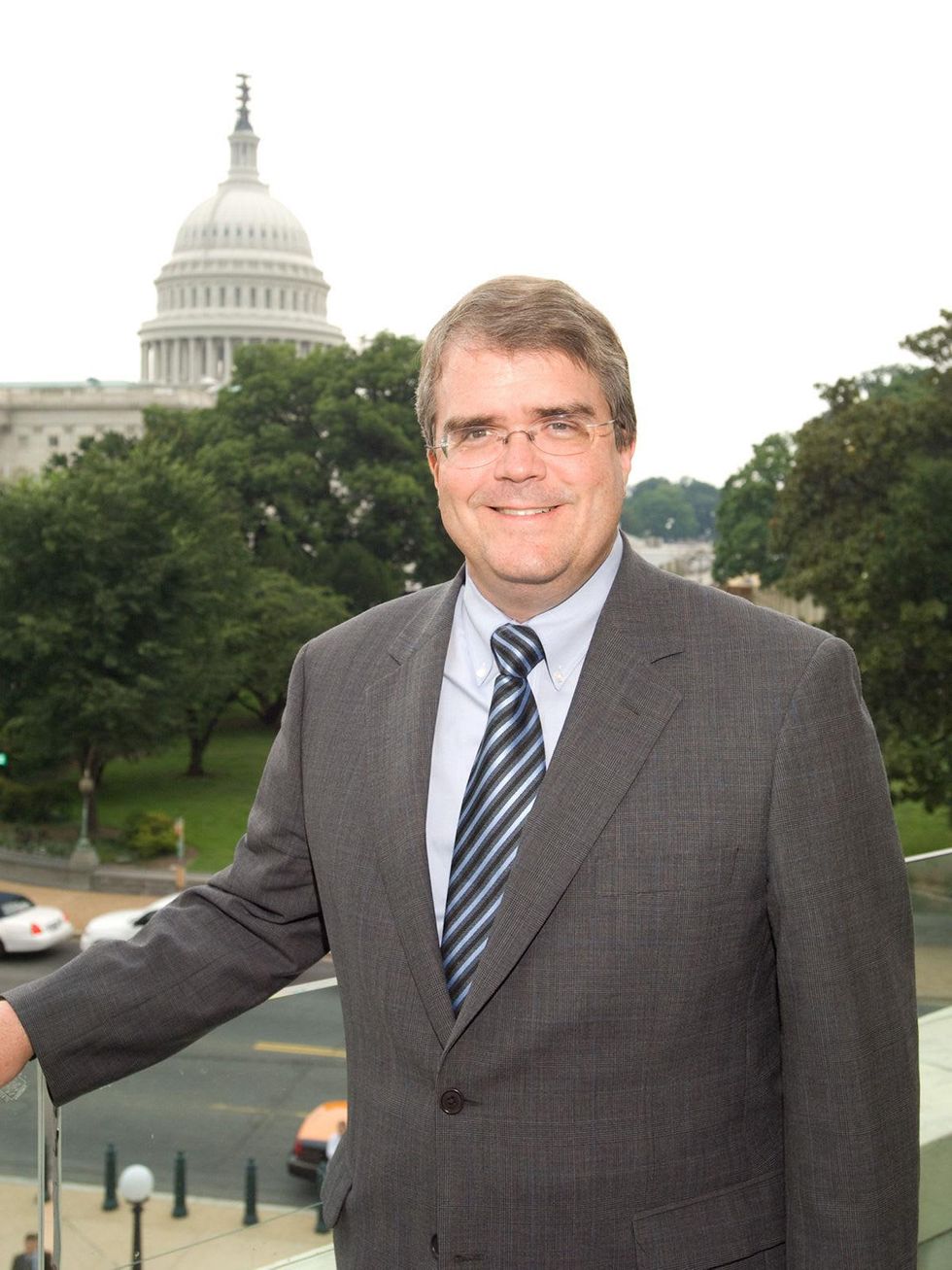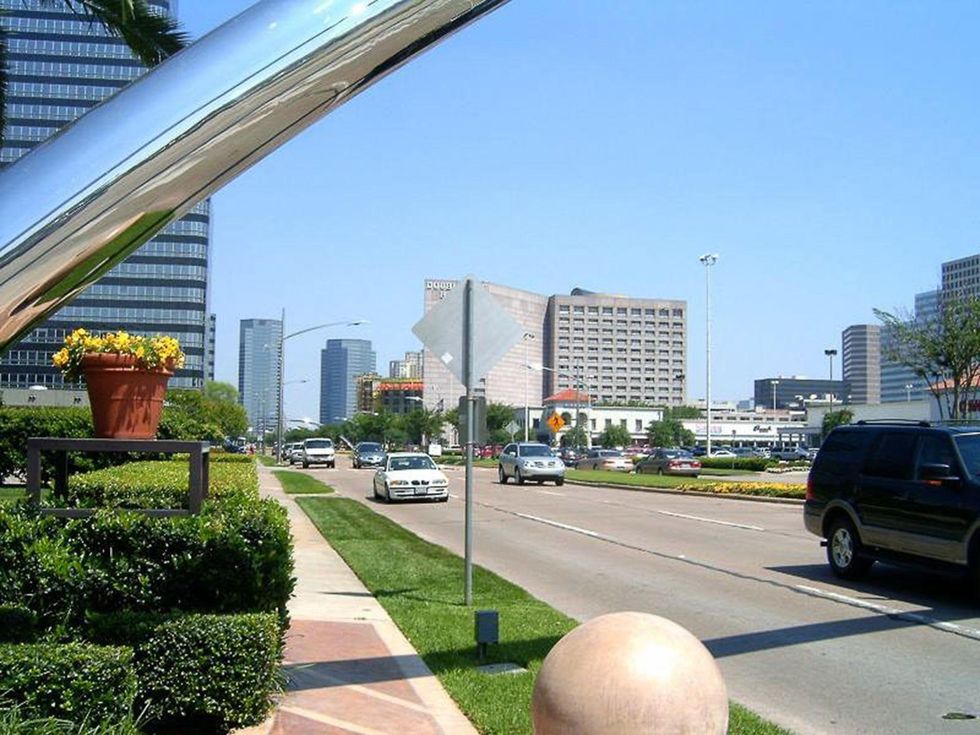Light Rail Controversy Heats Up
Light rail on Richmond dead forever? Congressman crows over saving Post Oak from METRO destruction
Residents and business owners along Richmond Avenue are breathing a sigh of relief — at least for now — as U.S. Rep. John Culberson has had his way, quashing federal funding for light-rail along Richmond, west of Shepherd, and on Post Oak Boulevard north of Richmond. Rail proponents on the other hand will be disappointed to hear that Culberson succeeded in getting the key amendment tacked onto the transportation leg of the $1.1 trillion omnibus spending bill recently passed by the Senate.
"I'm very proud to have been able to protect Richmond and Post Oak from being destroyed as Fannin and Main Street were destroyed," Culberson told CultureMap following a fundraising luncheon at Tony's, which not so coincidentally is located on Richmond.
Culberson trumped METRO in his long-running feud with the local transportation agency. He has been threatening and attempting to get his law passed for several years. "It's a permanent federal statutory law. So it's a felony if any governmental entities attempt to spend any federal money to push rail on those routes," he said.
"This is the end of all federal funding on Richmond ," Culberson said.
METRO board chairman Gilbert Garcia called the move "very disappointing." He noted, however, "This is not our focus. We’ve got a full plate right now and we are not taking steps to complete the University Line. First and foremost, we want to complete the other two lines, get time under them . . .”
The water is muddy on the potential for future federal monies for rail along Richmond and Post Oak Boulevard. Culberson says the federal funding prohibition is permanent. "This is the end of all federal funding on Richmond," he said.
METRO on the other hand says that the wording of the law could be changed at a future date and that the issue could be addressed again with new budget appropriation bills. In the meantime, Garcia concedes, "It could have very serious complications going forward . . . The University Line is a very large project and it would be extremely difficult to carry on without federal funding." In 2010, METRO reported that the project would draw $700 million in federal funding.
With the University Line on the back burner, METRO is focusing, according to Garcia, on "other priorities" including completion and refinement of the East and Southeast lines, on re-imagining the entire bus system, employing compressed natural gas as bus fuel and expanding park and ride facilities.
Not completely opposed to rail, Culberson noted that he has already begun working with Congressman Al Green on possible rail connections from Fort Bend County and that he would support the US 90A southwest rail corridor. On another potential east-west light rail route, Culberson said, "Westpark would be perfect. They have the right of way."
That was news to Garcia. “We would welcome him to shift his approach," Garcia said. "That would be new information to me. If he told you that, that would be great.”



